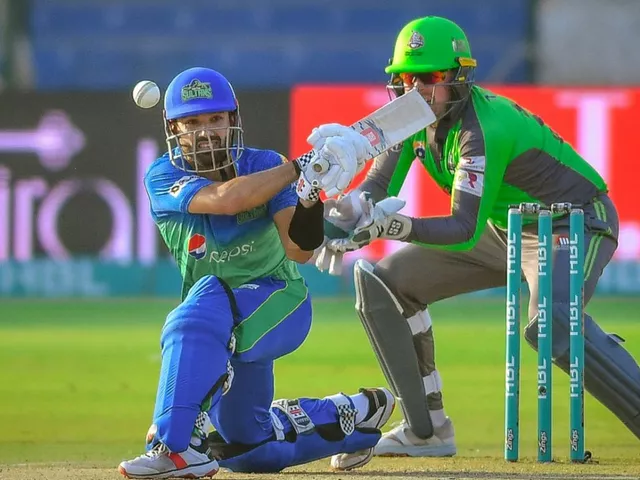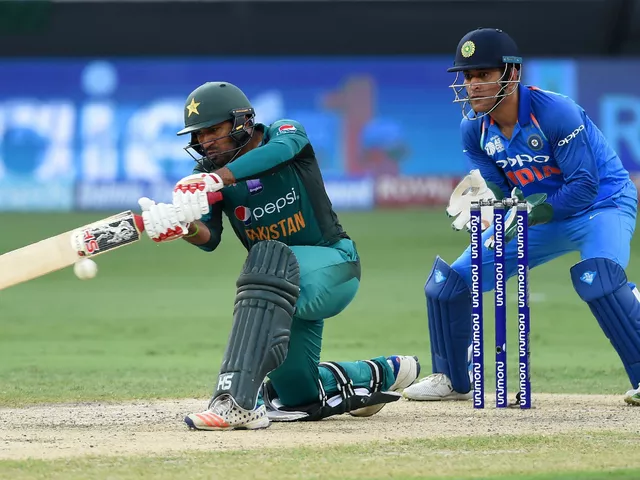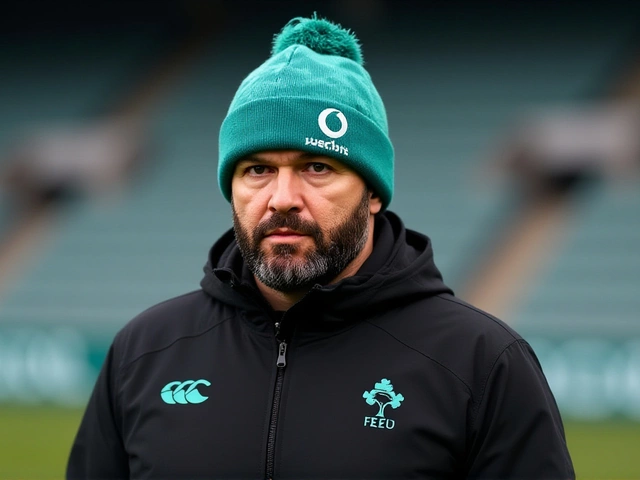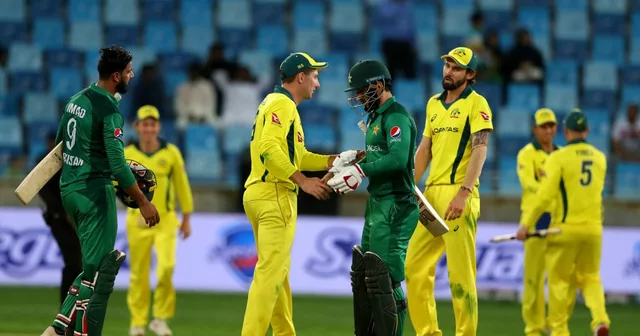Ricky Hatton
When talking about British boxing greats, Ricky Hatton instantly comes to mind. Ricky Hatton, a former professional boxer from Manchester who captured world titles at light‑welterweight and later at light‑middleweight, is best known as ‘The Hitman’ for his relentless pressure and knockout power. Also known as The Hitman, he embodies the gritty, no‑nonsense style that defines the UK’s boxing heritage. The sport he excelled in – boxing, a combat sport where two athletes fight using punches while following a strict set of rules and weight classes – demands a blend of speed, power, and tactical acumen. Within boxing, the lightweight division, a weight class that typically caps at 135 lb (61.2 kg) and is famed for fast‑paced, high‑skill contests has produced some of the most memorable match‑ups, and Hatton’s rise through this tier set the stage for his later success in the light‑welterweight ranks. His story also ties into the broader British boxing heritage, the long‑standing tradition of fighters from the UK achieving global acclaim, celebrated for toughness and heart. All three entities – Ricky Hatton, boxing, and the lightweight division – intersect to illustrate how a regional talent can shape an international sport.
Why Ricky Hatton matters to sports fans
Hatton’s career isn’t just a list of titles; it’s a case study in how determination and smart fight planning create lasting impact. He started as a local club fighter, working out in modest gyms, then built a reputation by smashing opponents with a high‑volume, inside‑fighting style. This approach—pressuring opponents until they make mistakes—shows that success in boxing often requires more than raw power; it needs a clear game plan and relentless execution. His first world title win against Kostya Tszyu in 2005 highlighted the classic underdog narrative: Hatton entered as a challenger, yet his preparation, speed, and ability to cut off the ring forced Tszyu into uncomfortable exchanges, ultimately securing a split‑decision victory. That fight proves the semantic triple: *Ricky Hatton’s pressure strategy* influences *fight outcomes* in *high‑stakes bouts*. Later, his loss to Manny Pacquiao underscored the importance of adaptability; Pacquiao’s speed and southpaw stance exposed gaps in Hatton’s defensive setup. The lesson here—*boxing requires disciplined training* and the willingness to evolve—resonates with any athlete looking to stay competitive. Beyond the ring, Hatton’s post‑retirement work as a trainer and promoter demonstrates how former champions can give back to the sport. He opened a gym that nurtures young talent, emphasizing fundamentals like footwork, conditioning, and mental toughness. This mentorship loop reflects another triple: *British boxing heritage* nurtures *new fighters* through *experienced mentors*. For fans of other sports, such as cricket, the parallels are clear. Just as Hatton’s gym focuses on skill development, cricket academies teach batting technique and bowling variations, showing that elite performance across sports shares common roots: coaching, practice, and strategic insight. Readers who love watching live cricket streams, tracking T20 World Cup schedules, or debating fight tactics will find Hatton’s journey a useful reference point. His dedication to preparation mirrors the meticulous planning needed to follow a cricket match schedule or set up a live‑streaming rig. The same drive that makes a boxer train for a title shot also pushes a cricket fan to stay updated on the latest match fixtures or to fine‑tune a streaming setup. Understanding Hatton’s approach to his sport offers a broader perspective on how athletes and fans alike achieve excellence.
Below, you’ll discover a hand‑picked mix of articles that span everything from women's World Cup highlights to streaming tips, all curated for sports enthusiasts who appreciate the blend of skill, strategy, and story that Ricky Hatton represents. Dive in to see how the principles that made Hatton a champion echo across the sporting world.
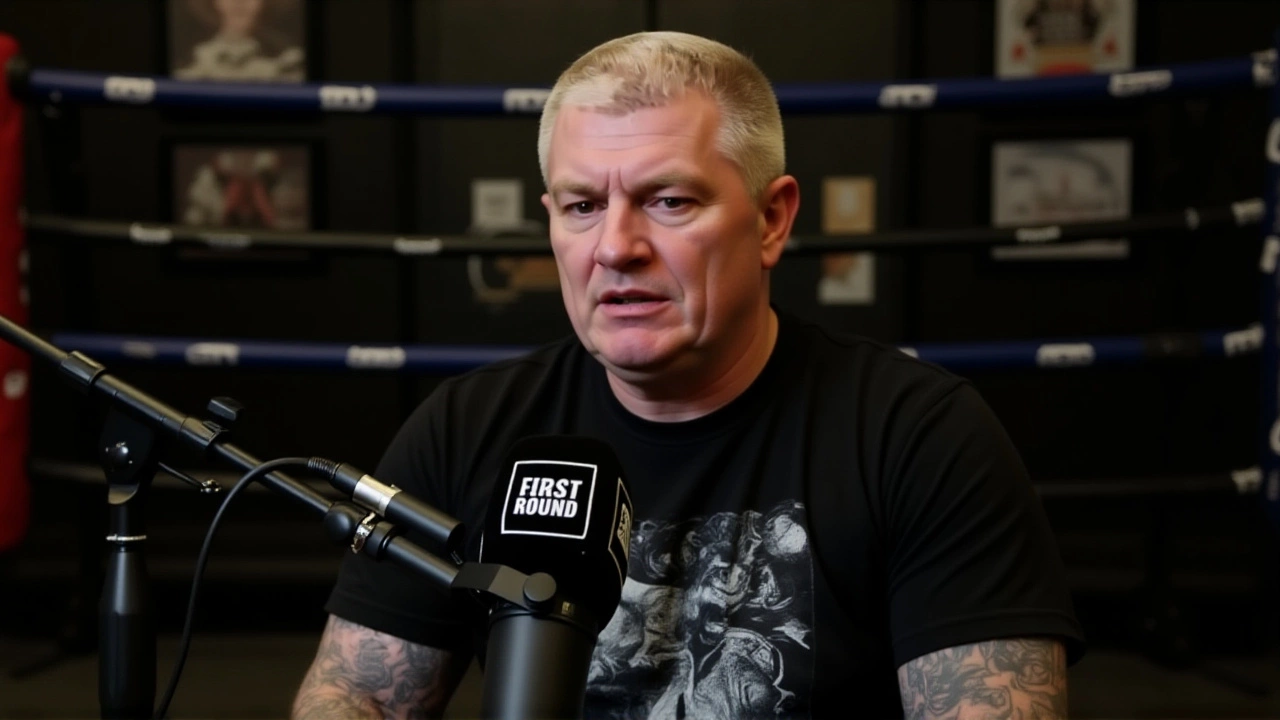
Boxing Legend Ricky Hatton Found Dead; Final Interview Highlights Life
- Date: 10 Oct 2025
- Categories:
- Author: Caden Fitzroy
Boxing legend Ricky Hatton was found dead in Hyde; his candid final interview on mental health aired posthumously, sparking tributes and concerns.
